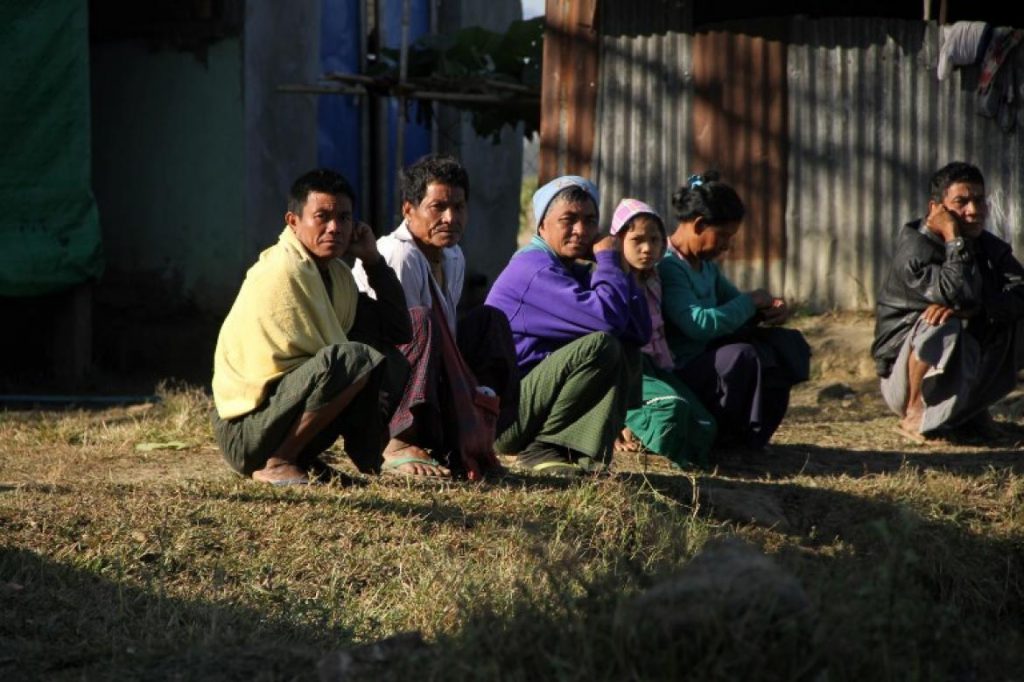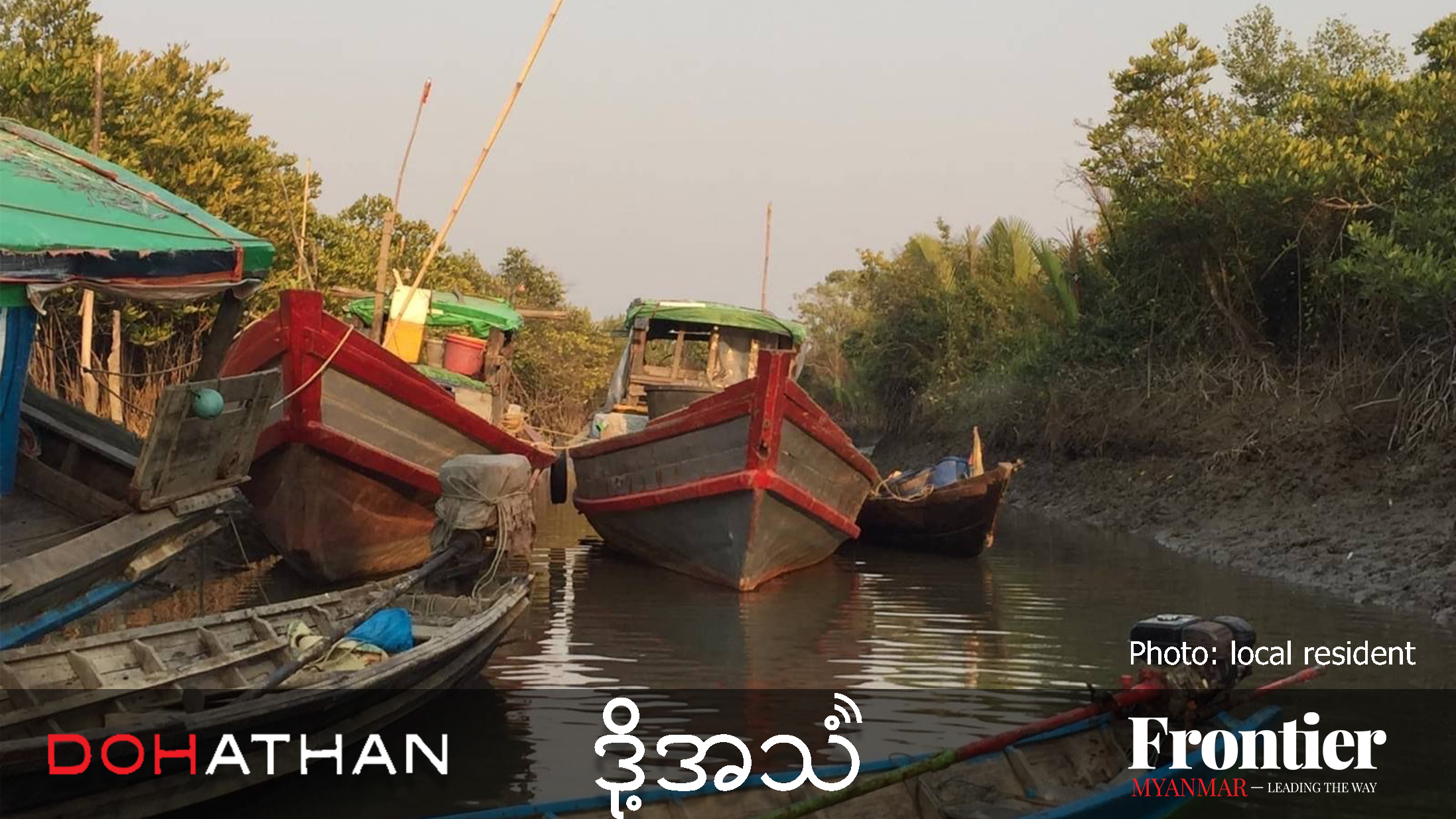By FRONTIER
YANGON — Attacks by the Arakan Army have exacerbated an already complicated situation in Rakhine State and threaten both the national peace process and plans to repatriate Rohingya from Bangladesh, the International Crisis Group has warned.
“The attacks signify a dangerous shift from politics to insurgency as a means of addressing ethnic Rakhine grievances,” the Brussels-based think tank says in a report issued on January 24.
The 12-page report, A new dimension of violence in Myanmar’s Rakhine State, follows the AA’s attacks on police posts in northern Rakhine’s Buthidaung Township on January 4, Independence Day, that left 13 officers dead and nine hurt.
It says the attacks and the government’s response, which has included declaring the AA a terrorist group, “have changed the dynamic of armed conflict in Rakhine State by activating previously latent support for the AA and bringing such support more into the open”.
Support more independent journalism like this. Sign up to be a Frontier member.
“There is a serious risk that an escalatory dynamic takes hold, which could plunge the state deeper into armed conflict,” it warns.
It calls on the Tatmadaw, government and the AA to exercise restraint and seek a negotiated solution to the violence to avoid further inflaming tensions, and says China should work to bring all sides to the negotiating table.
It also urges the government to initiate talks with ethnic Rakhine political parties and other community representatives on how best to address the current tensions and their future political aspirations.
The report says the focus on the emergence of the Arakan Rohingya Salvation Army in 2016-17 and the subsequent persecution and exodus of more than 800,000 Rohingya Muslims to Bangladesh has obscured the three-way nature of the conflict in Rakhine.
“The ethnic Rakhine, who are often portrayed as aggressors towards the Rohingya, have themselves been victims of neglect and oppression by ethnic Burman-controlled central governments for generations,” it says.
Rakhine grievances against the ethnic Burman majority date from the conquest of the Arakan kingdom by the Konbaung dynasty in 1784 and run deep, “yet often go unacknowledged in assessments of the conflict in Rakhine State”, says the report.
Recent sources of grievance have included the NLD’s decision to appoint a party member as chief minister after the 2015 elections despite the Arakan National Party winning a majority of elected seats in the state assembly. There was also anger in Rakhine after seven people were killed when police opened fire in the ancient capital of Mrauk-U in January last year to disperse a crowd angered by a decision to cancel an event marking the anniversary of the fall of the Arakan kingdom.
Two days later, leading Rakhine politician and former ANP leader, Dr Aye Maung, was arrested for high treason and incitement over a speech marking the anniversary in which he is alleged to have said that the Bamar regard the Rakhine as slaves and expressed support for armed struggle to establish greater sovereignty for the Rakhine people.
The arrest of Aye Maung, who could face the death penalty if convicted, and infighting within the ANP has left a leadership vacuum that the AA has quickly filled, the report says.
“With no clear political path to addressing their grievances, many Rakhine people increasingly see armed struggle as the more effective response to perceived Burman oppression,” it says.
Despite long-standing grievances, which include a lack of development that has left Rakhine one of the poorest states or regions, the report says the immediate trigger for the Independence Day attacks is not entirely clear.
It says one factor may have been the Tatmadaw’s December 21 declaration of a unilateral ceasefire in five regional military commands in Kachin and Shan states until April 30, 2019.
Although the military said it did not include Rakhine State because of the need to continue operations against ARSA, “the AA appears to believe that the purpose was instead to redirect troops from Shan and Kachin states against it”.
The ICG says the goal of the AA attacks seems to be to establish a foothold in northern Rakhine and solidify support among Rakhine people, “thus strengthening the AA’s position in any future peace negotiations”. The AA is among a number of armed ethnic groups, including the KIA, which have so far been excluded from the peace process because they have refused to sign the Nationwide Ceasefire Agreement.
The report quotes a source involved in the peace process with close ties to AA officials as saying, “They feel this is their moment to push”.







